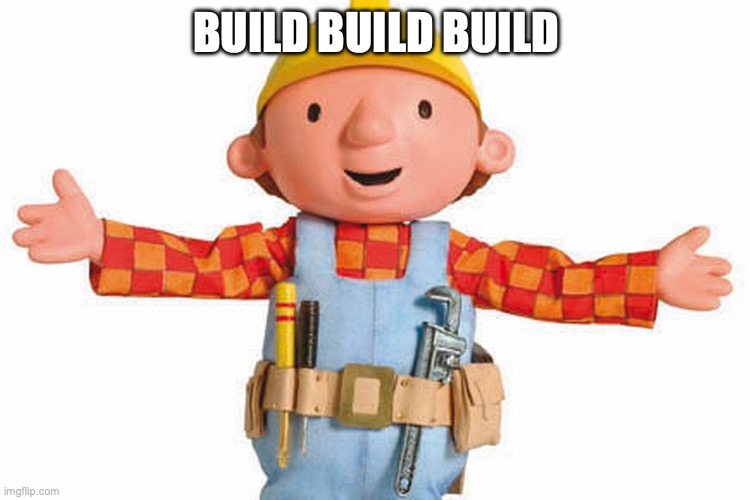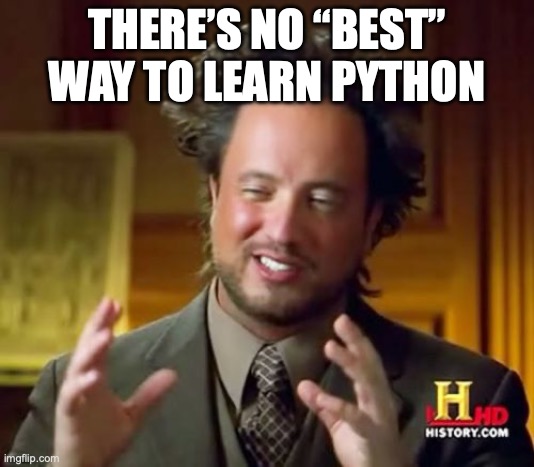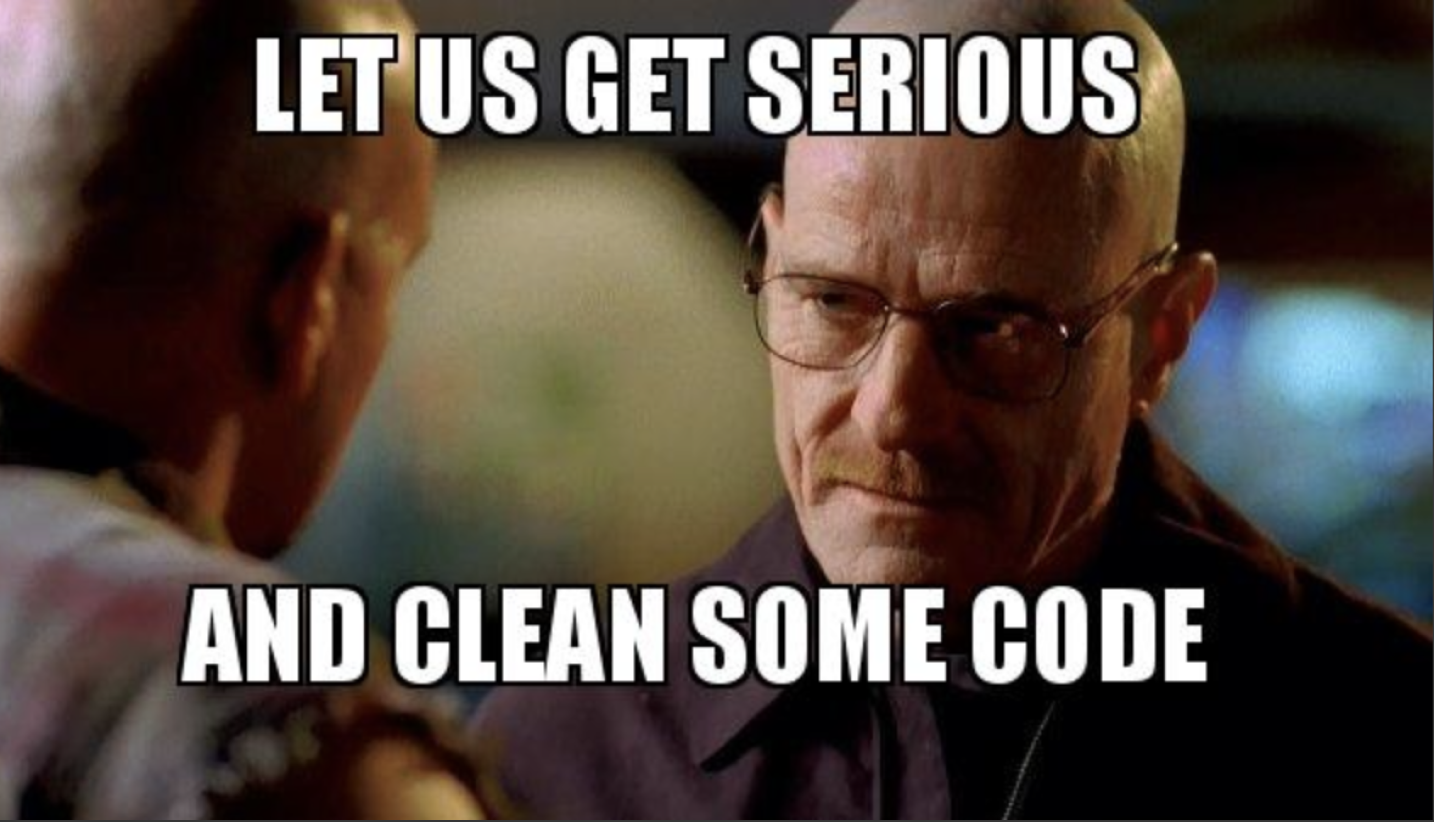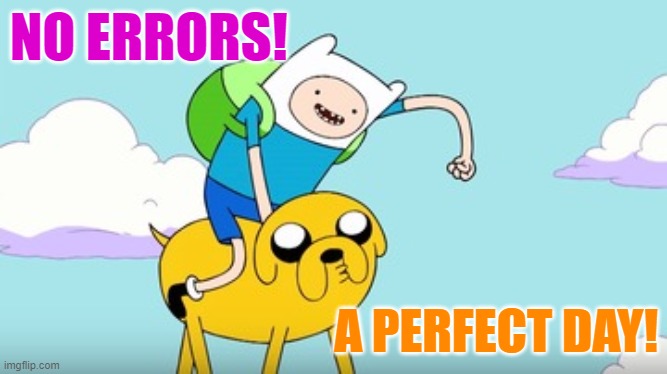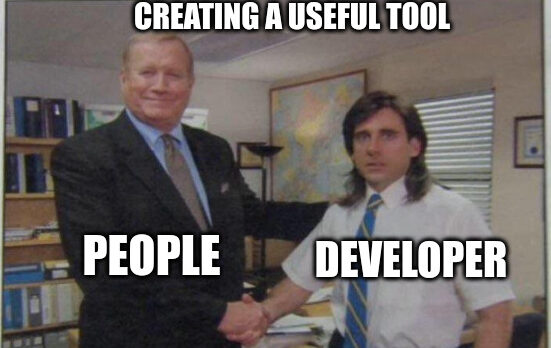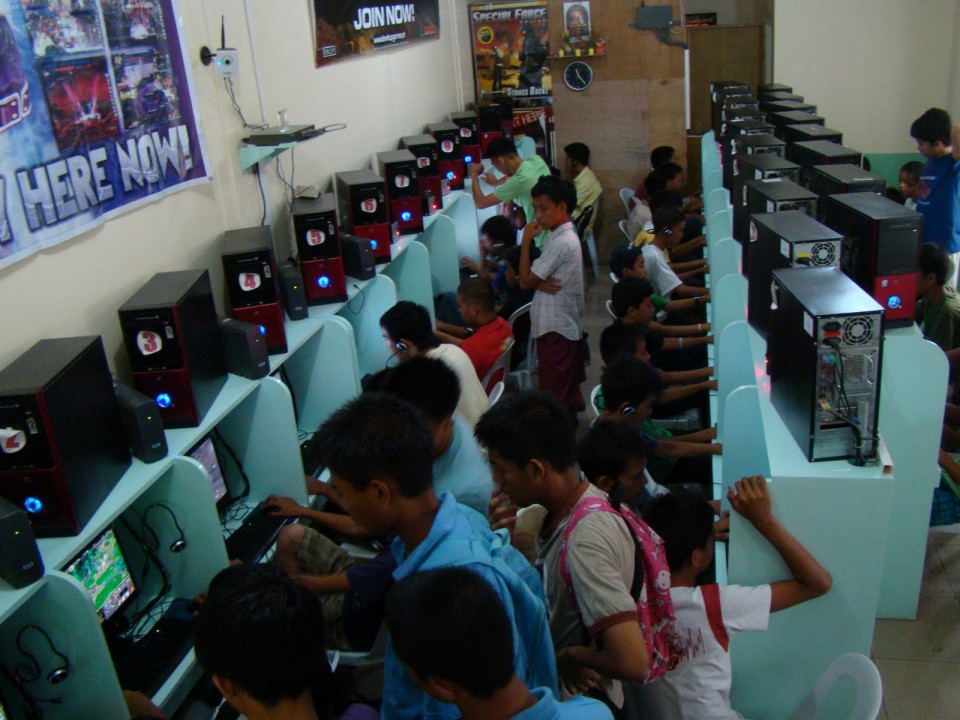Remember the last time you tried to learn something from a textbook, only to realize weeks later that you couldn’t actually do anything with that knowledge?
Maybe you highlighted every other sentence, took good notes, and still drew a blank when it came time to apply what you’d learned.
If you’re nodding along, you’re not alone and you’ve probably discovered something important about yourself: you’re a learn by doing person.
The good news? Python is practically made for hands-on learners. Unlike subjects that require years of theory before practice, Python lets you write your first useful program on day one.
But here’s the challenge: with thousands of tutorials, courses, and resources available, how do you find the ones that actually let you build instead of just watch?
Let me show you exactly how to learn Python through action, experimentation, and real projects that matter.
Why Learning by Doing Actually Works
Before we dive into resources, let’s talk about why this approach is so effective. When you learn by doing, you’re engaging in what educators call “active learning.”
Your brain doesn’t just passively absorb information. It creates neural pathways through problem-solving, debugging, and the satisfying moment when your code finally works.
Think about it: would you rather spend three hours watching someone else cook, or one hour actually making a meal (even if you burn the garlic)?
The second option teaches you more because you’re dealing with real problems: the pan’s too hot, you forgot to chop the onions first, the timing is trickier than it looked.
Python is the same way. Every error message is a lesson, every bug you fix makes you stronger.
Plus, when you build something actual, even something simple like a dice roller or a to-do list.
You get instant proof of your progress. That motivation is gold when you’re learning something new.
Two Paths for Hands-On Python Learning
There are two main approaches to learning Python by doing, and both work brilliantly. The key is choosing the one that matches your personality.
Path 1: Interactive Courses with Built-In Practice
Some people thrive with a bit of structure. A roadmap that tells them what to learn next while still keeping their hands on the keyboard. Interactive coding platforms are perfect for this.
Unlike traditional video courses where you watch passively, these platforms put you in the driver’s seat from minute one.
Boot.dev takes you from complete beginner to building real backend systems through gamified lessons. You’re not just reading about functions; you’re writing them to solve actual challenges.
Each module builds on the last, and you’re coding in every single lesson.
The gamification aspect (earning XP, leveling up) might sound gimmicky, but it’s surprisingly effective at keeping you engaged during the inevitable frustration moments.
Codecademy offers a more traditional course structure but with a critical difference: the entire experience happens in their browser-based code editor.
When they teach you about lists, you immediately practice creating and manipulating them. When they introduce APIs, you make real API calls right there in the lesson.
It’s like having training wheels that gradually come off as you progress.
CodinGame takes a completely different approach it teaches you Python through games and puzzles. You might write code to control a robot through a maze or solve optimization challenges.
It’s fantastic if you need that extra layer of fun to stay motivated, and it sneakily teaches you algorithmic thinking along the way.
When to choose this path: If you like having clear milestones, appreciate some guidance on what to learn next, or tend to get overwhelmed by too many choices.
Path 2: Project-Based Learning (Jump Into the Deep End)
Now, if you’re the type who learns best by figuring things out as you go, who gets excited by a challenge and enjoys the detective work of finding solutions.
Project-based learning might be your sweet spot.
This approach flips traditional learning on its head. Instead of learning Python concepts and then building something, you decide what to build first and learn the concepts as you need them.
Want to create a web scraper? You’ll learn about requests, HTML parsing, and file handling because your project demands it.
Practical Tutorials Project-Based Learning is a treasure trove of tutorials where you build complete, functional projects.
We’re talking about creating your own neural network from scratch, building a web crawler, making a command-line game, or crafting a personal finance tracker.
Each tutorial walks you through building something real while explaining the Python concepts along the way.
What makes this resource special is its diversity. You can choose projects that align with your interests.
Love data? Build a data visualization dashboard.
Into gaming? Create a text-based adventure or a simple 2D game.
Want to automate your life? Build a web scraper or an automated email sender.
Build Your Own X takes this even further with the philosophy that you only truly understand something once you’ve built it yourself.
This collection guides you through recreating technologies you use every day: your own Git, your own Docker, your own BitTorrent client, your own text editor.
These aren’t toy projects, they’re simplified versions of real systems.
Building them gives you a profound understanding not just of Python, but of how software actually works under the hood.
Yes, they’re challenging.
Yes, you’ll get stuck. But that’s exactly where the learning happens.
When to choose this path: If you’re self-motivated, don’t mind googling for answers, get energized by challenges, or already have a specific project idea in mind.
The Bottom Line: Just Start Building
The beauty of learning Python by doing is that there’s no single “right” path.
There’s only the path that keeps you coding.
Whether you thrive with the structured guidance of interactive platforms or prefer diving headfirst into building real projects, both approaches share one critical element: your hands stay on the keyboard.
Choose the approach that excites you most.
If you’re unsure, try one for a week and if you are not feeling it.
Switch to the other. The worst thing you can do is spend weeks researching the “perfect” way to learn while never writing a single line of code.
Your Next Steps Start Now
Learning Python by doing isn’t just an effective strategy.
It’s the most sustainable one.
When you build things, you stay motivated because you can see your progress.
When you solve real problems, the knowledge sticks because you earned it through struggle and triumph.
So here’s my challenge to you: close this tab, pick one resource from this post (just one!), and write your first five lines of code today. Not tomorrow. Not when you have more time. Today.
Because at the end of the day, the best way to learn Python isn’t through the perfect course or the perfect tutorial.
It’s through that messy, frustrating, exhilarating process of building something that doesn’t work, then making it work, then making it better.
Your first project is waiting. What are you going to build?
Enjoyed this post?
Here’s the thing: I discover stuff like this all the time. Type quirks. Debugging shortcuts. FastAPI gotchas. Lessons from the real world. And, I share them all in my newsletter.
Want them delivered to your inbox?
